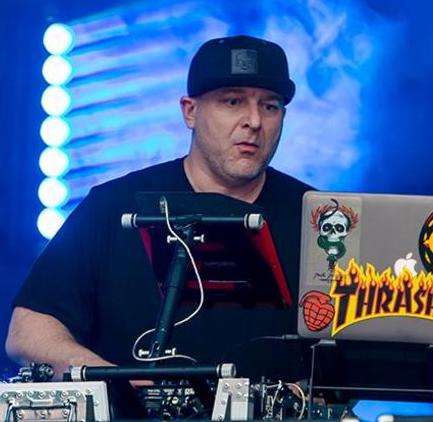There are many ways to become a part of the music industry, and DJing is definitely one of the most rewarding and creative ways to be a musician. Like most other ways to dive into music, it’s never too late to become a DJ. If it’s something you’re really interested in, then you’re in luck as here are a few tips that you might want to consider.
Good Equipment Is Necessary
In most cases, having good equipment for music is a must. This is even more important for becoming a DJ. You’d want equipment that’s not only durable; you’d also want one with the most features, controls, and versatility as well as it will further expand what you can create. Check out djequipmentinfo.com for lots of great articles on djing and equipment. The DJ Setup and Equipment: Beginners Introduction article is particularly helpful; it breaks down the fundamental components that make up a DJ setup.
The key instrument that you need is a controller. If you check Home DJ Studio’s article, you can see which of the current controllers on the market are what pros would consider as best. The ones that are the best are those with a lot of features that can maximize your capacity as a DJ.
Keep in mind that DJ equipment really is expensive. If you want the best, prepare to pay a high price. It’s a good investment, though, especially if you’re looking into DJing as a full-time career.
Practice Makes A Good DJ
Let’s get the basics out of the way first – practice makes perfect. No one was naturally born a good DJ. All the legends started out from the bottom, and they worked their way to the top. It wasn’t an easy journey for them, of course, and it was a path filled with a ton of bad beats, bad remixes, and possibly some boos.
However, all that failure is a part of your journey. If you want to become a good DJ, then you’ll need to practice again and again. Through practice, you’ll learn more about what it means to become a good DJ. You’ll also start to build your own concept of what good music really is.
Ask For Help
Starting to become a DJ without prior knowledge or help from those knowledgeable can be quite difficult. As such, if you have friends that are already a part of the industry, it would be wise to ask them for help to get advice on how to get started and what equipment to get.
Alternatively, you can enroll yourself in a DJ school first. Some of today’s top DJs actually started their journey in school. This is a great way to get the basics of DJing mastered. All schools have practical and theoretical lessons in DJing, so you’ll get your hands on trying out the art quickly.
Listen To Others
If you want to be a good writer, you should read more books. If you want to become a good basketball player, you watch the pros play. If you want to be a good DJ, then you should listen to how others do the job. That doesn’t mean that you shouldn’t copy their work, though.
Listen to others to get inspiration. Inspect the things that they do right and compare them with what you think you do wrong.
Work With A Formula
Once you become an experienced DJ, you’ll be able to create music and mix tracks spontaneously. However, that’s a journey you’ll have to travel long and hard to get to. It’s not a place or part of your DJing career that you’d want to rush as you could fail miserably if you do so.
When you’re just starting out, it would be wise to create a formula for the music you create and stick with it. This will be your launchpad or your starting point to begin creating better music in the future. Once you master your formula, you’ll be able to expand your talents more.
Practice In Front Of Friends And Family
The last thing you’d want as a new DJ is performing in front of a crowd immediately. It will create unnecessary anxiety that will definitely affect your path to becoming a good DJ. That doesn’t mean you shouldn’t perform in front of anyone. What you’d want to do is take baby steps.
Find friends and family that you are comfortable with. Perform in front of them and ask them about their honest opinion on your progress so far.
Becoming a DJ is a lot of work, but it does pay off eventually. With enough practice, you’ll be big enough to start accepting small gigs, and soon, you’ll be playing in front of an audience that’s much larger than you imagine.



